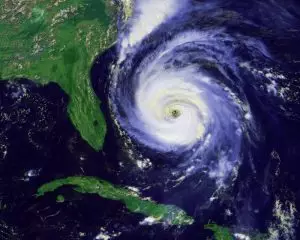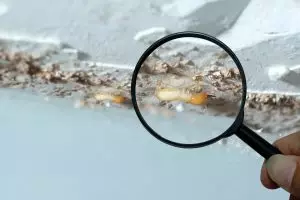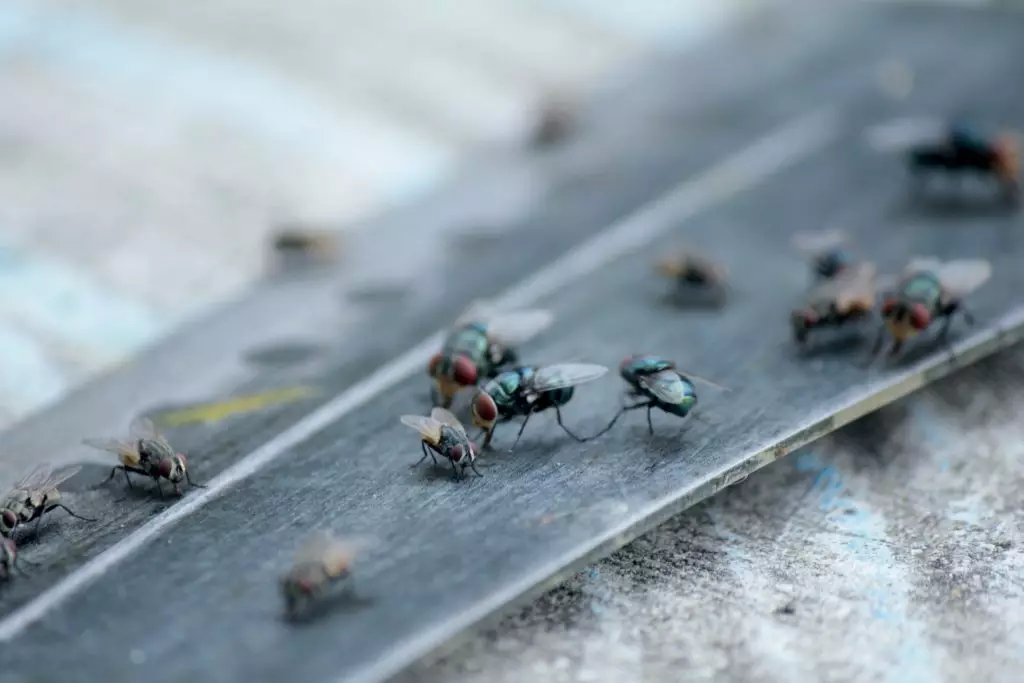
South Florida’s rainy season typically runs from mid-May to mid-October, and with the rains come swarms of biting black flies. There are 18 different species of black flies present in Florida, and while their populations decline in dry years, a wet season can cause an explosion in their numbers.
Flies of all types, including the common house fly, are noted for their tendency to spread diseases. However, female black flies pose an added threat to your family, pets, and guests because they feed on blood.
These pests are not to be trifled with, which makes defending your home against black fly swarms a priority each spring and summer. Pest-prevention programs such as Nozzle Nolen’s lawn pest and lawn care services help keep black flies and other harmful intruders from spoiling your outdoor activities.
What You Need to Know About Black Fly Swarms
Black flies depend on water to breed, so their numbers tend to increase in wet years. Females lay between 200 and 800 eggs on vegetation that’s just under the surface of the water. Larvae emerge, attach themselves to plants or rocks in the water, and ultimately reach the pupal stage. Adults emerge from the pupae and rise to the water’s surface, all in about three to four weeks.
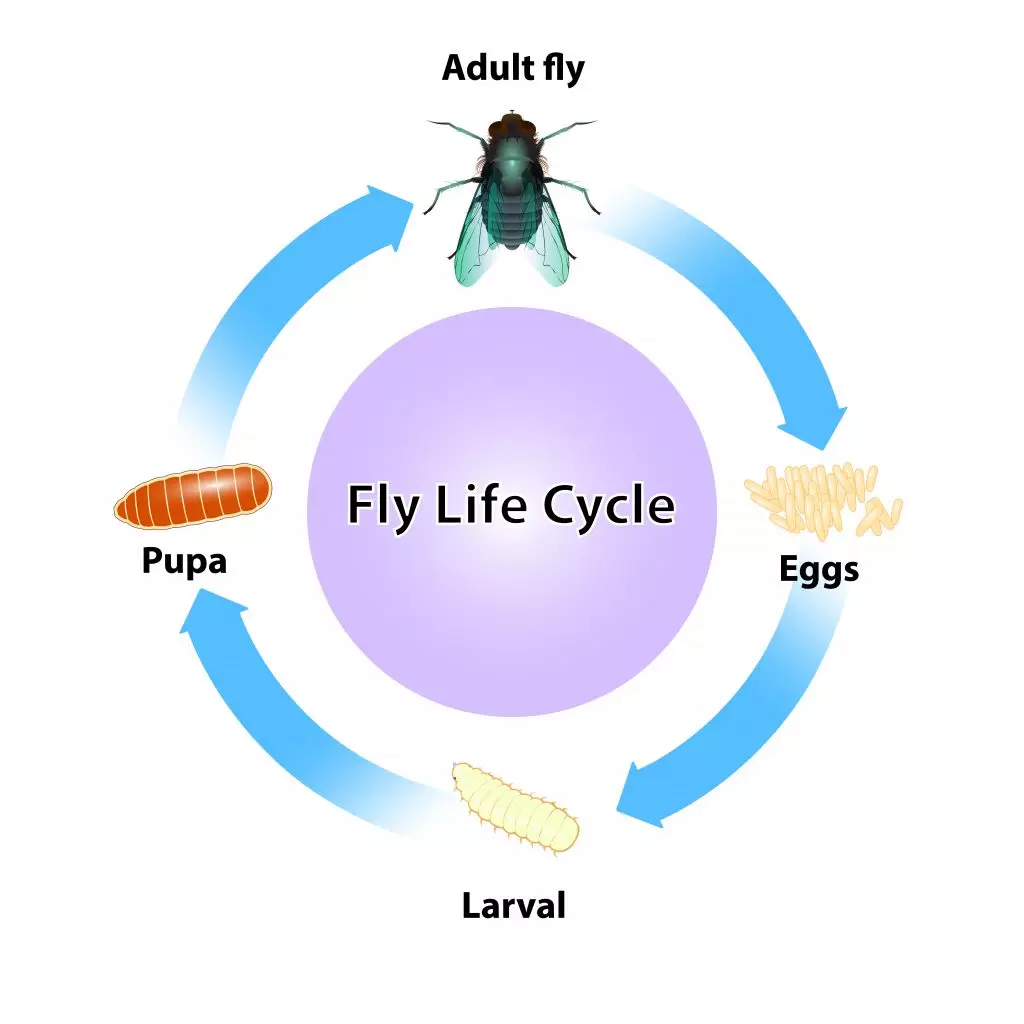
Adults typically live for two or three weeks, but they may survive for as long as 85 days. Black fly swarms can travel four to eight miles from their breeding site to find their blood meals, biting humans, livestock, birds, and other animals. Black flies are most active during the daytime and prefer low-wind conditions. They tend to swarm around a person’s head, hair, and ears but will bite any exposed skin.
Black fly bites can cause itching that lasts several days. Some of their victims experience mild to severe allergic reactions to the bites, which can be very painful. The fly will cut a hole in the skin, inject anticoagulants to allow the blood to pool at the site, and then feeds on the blood pool. The process introduces foreign matter into the host’s tissue, which generates an immune reaction that sometimes requires treatment with antipruritic lotions.
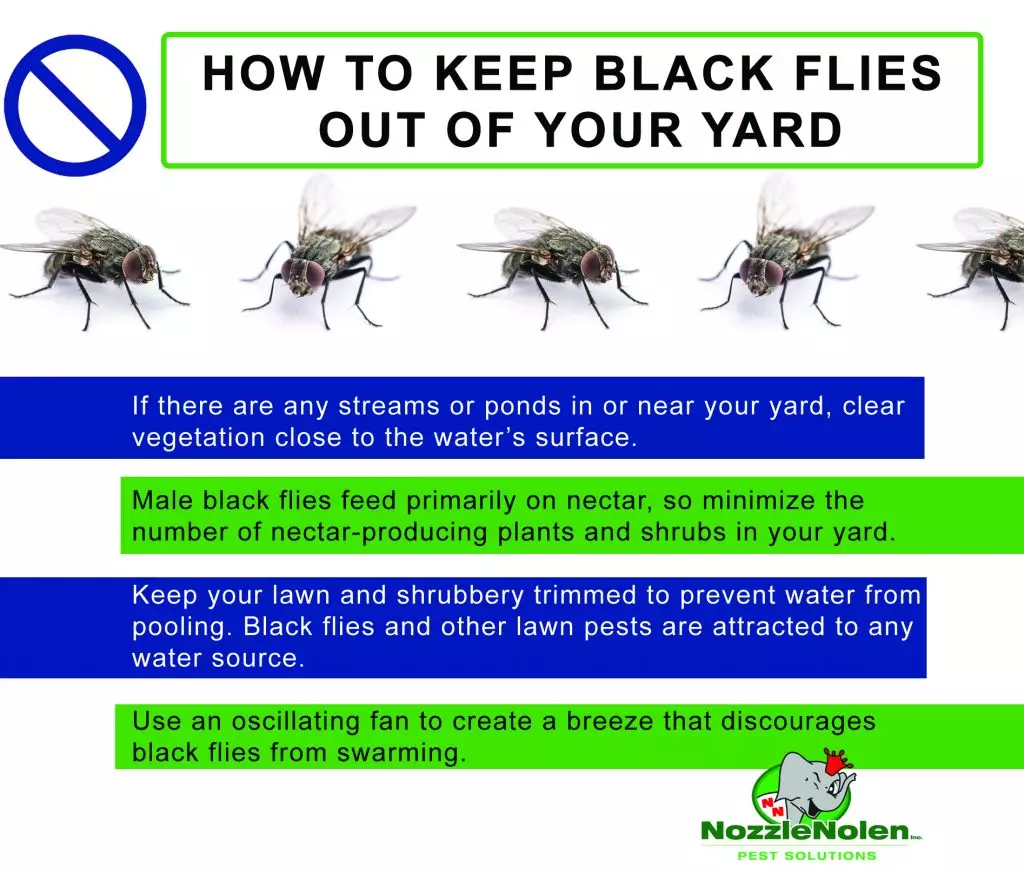
How to Keep Black Flies Out of Your Yard
Controlling black fly populations is challenging due to the abundance of potential breeding sites found in South Florida. Treating the many streams and other running water sources to prevent black flies would be expensive, and such treatments are often ineffective. These are among the steps that homeowners can take to reduce the chances of a black fly invasion.
- If there are any streams or ponds in or near your yard, clear vegetation close to the water’s surface.
- Male black flies feed primarily on nectar, so minimize the number of nectar-producing plants and shrubs in your yard.
- Keep your lawn and shrubbery trimmed to prevent water from pooling. Black flies and other lawn pests are attracted to any water source.
- Use an oscillating fan to create a breeze that discourages black flies from swarming.
Black fly bites can be minimized by wearing long-sleeve shirts and long pants, although this solution isn’t practical on our hot summer days. The flies are attracted to dark-colored clothing, so lighten up your wardrobe. Because the flies tend to swarm around your head, try wearing a hat when the pests are present.
(If you’re looking for ways to keep house flies off your premises, the key is to block their access to their favorite food sources: garbage, pet waste, compost, food spills, dirty dishes, crumbs, unrinsed bottles and cans, sink drains, and garbage disposals. Also, make sure your doors and windows are caulked, and all holes in screens are patched.)
Black fly swarms can be a serious nuisance to South Florida homeowners, but they are only one of the many insects and other pests that threaten your enjoyment of your property. Keeping black flies and other invaders at bay requires a year-round lawn care regimen that focuses on prevention.
- Nozzle Nolen’s Yard Defense program includes a complete inspection by the company’s trained and certified pest control technicians to identify any areas that need attention and apply eco-friendly treatments monthly to address any insect problems.
- For the ultimate in lawn care, Nozzle Nolen’s Green Medal Pro program adds weed abatement and soil fertility treatments geared to your lawn’s seasonal needs. The service’s custom-blended fertilizer ensures safe and effective care to keep your landscaping healthy. You’ll receive expert advice on the best watering and mowing practices as well as treatment of any lawn disease or fungus.
When you take advantage of Nozzle Nolen’s effective and affordable year-round lawn care services, you free up more time to spend enjoying our world-renowned South Florida climate in your own lush and lovely yard. Find out how Nozzle Nolen can address your lawn care needs by signing up for a free inspection. Don’t let black fly swarms or other pests put a damper on your outdoor activities.
Nozzle Nolen has provided professional lawn care and pest control services in South Florida for more than seven decades. If you are ready to take control of your yard back from black fly swarms this season, give us a call at 800.226.6536 or Contact Us. We look forward to serving you.
